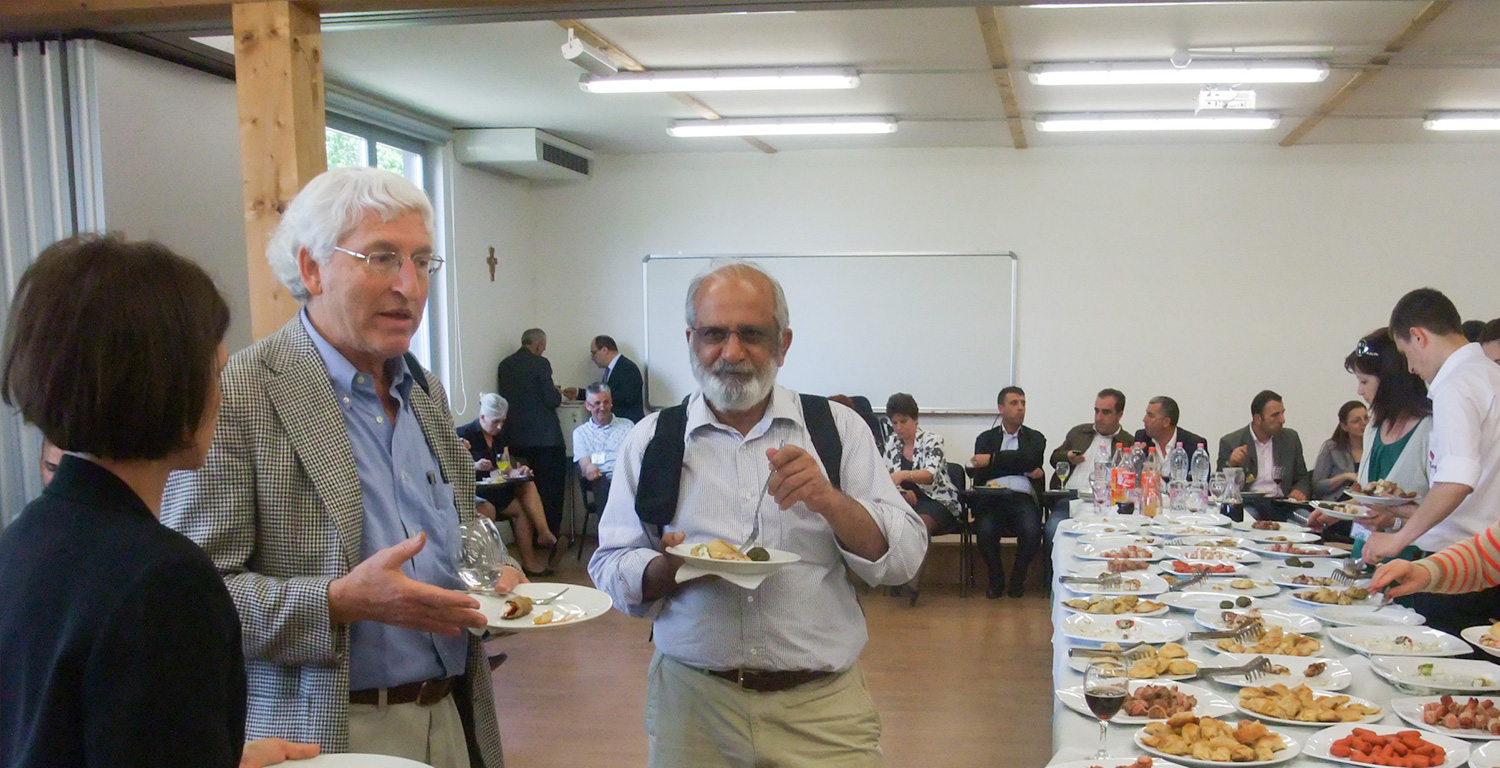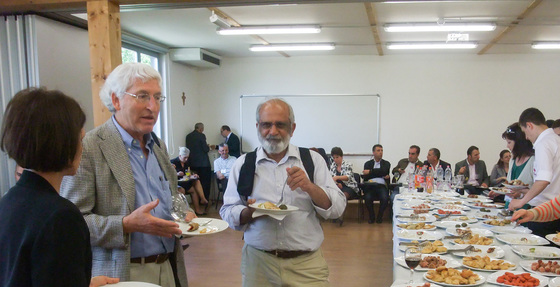As the TtT program is experimental and will be evolving with time, the chairpersons of the International Pain School would very much appreciate for feedback about different aspects of the program. We will use this information to improve the program.
We prepared several questionnaires, each addressing different features of the program and aimed at a different participant. Please give the following questionnaires to the trainers, trainees, audience, yourself.
Once you had the data, we will provide you with a spreadsheet for inputting the data.
|
Questionnaire |
Filled in by |
Download |
| 1 |
Evaluating trainees and teaching materials |
Trainers
Audience |
here
|
| 2 |
Evaluating trainees and teaching materials |
Trainers |
here
|
| 3 |
Evaluating knowledge about management of pain |
Trainers
Audience |
here
|
| 4 |
Assessing sustainability of training at 3, 6, 9 and 12 months after the workshop |
Local coordinator |
here
|

